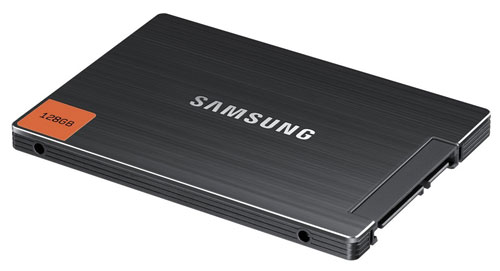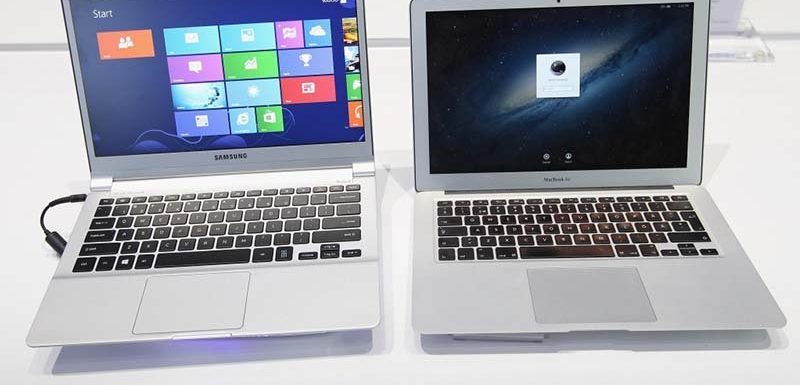Buying a computer is no easy task, and with the cost of many of the machines out on the market today, you want to make sure you’re making the right purchase so you don’t blow your money on something that stops working for you within a year.
Buying a New Computer: A Guide (Updated)
Alternatively, if you’re thinking about paying to get an old computer fixed, keep in mind that in many cases an old computer is not actually worth “fixing”.
For example, if your computer is more than 5 years old and has slowed to a crawl, and/or has a serious hardware problem like a failed hard drive, cracked screen, liquid damage, or a fried motherboard, you should probably invest your dollars in a new computer rather than pay to fix an old computer. Considering how quickly technology tends to advance in just a few years, chances are your old computer is nearly obsolete anyways.
If you’re looking for a new PC, this guide should help you get a better understanding of which elements to prioritize when considering a new computer. That way, you’ll be better equipped to get the right computer for your needs, and to avoid spending any more money than you must.
Step 1: Identify your computing needs
Do you need a computer for work production, or will you mostly use it for play (consumption)?
For work tasks such as producing documents and spreadsheets, doing research with multiple web browser tabs, and running resource-intensive software such as photo and video editing apps, a desktop PC is usually the best choice. With a full keyboard and mouse, a large monitor (or two!), and powerful hardware, a desktop PC is generally better than a laptop PC for production and graphics-heavy apps like 3D games.
If you’re just going to be checking email, shopping online, surfing social media sites, and watching YouTube, however, then a laptop is probably a better choice for these types of lighter “content consumption” tasks. Plus, laptop computers are portable!
Step 2: Buy a desktop or laptop online
Once you’ve decided on getting either a new laptop or a new desktop PC, and have a good handle on what your computing requirements are, you may want to start shopping around a bit. One option is to go to the local electronics mega retail store – which is a good idea if you want to try out the “feel” of a new laptop PC – but when you’re closer to being ready to buy then you can’t beat the price, selection, and convenience of buying online.
Amazon.com is a great place to shop for new computers. You can search by brand, price, form factor (laptop, desktop, all-in-one, etc), and even specific hardware (CPU, RAM, etc). Combined with the convenience of one-day free shipping, Amazon is our go-to destination for purchasing hardware.
About hardware specs, and HDDs vs. SSDs
Speaking of computer hardware, keep in mind that it’s not uncommon for people to become overwhelmed when trying to make sense of different CPU, RAM, and storage hardware specifications.

Here’s the good news: for the majority of buyers, the technical specifications of their new PC don’t really matter too much. The reason is because ANY new computer is going to have much better hardware than your current 5+ year old machine! Of course, there are exceptions for power users that have exceptional storage and/or processing requirements, but most folks won’t notice the difference between an i5 and i7 CPU in everyday usage scenarios.
With that said, we should mention one of the most important hardware components of any PC: the primary storage device, usually a hard disk drive (HDD). The HDD is where all of your data, (including your operating system, software apps, and personal data like documents and photos) is stored. It’s also the part of the computer that is most likely to fail – taking out most of your data along with it!
To mitigate the risk of data loss AND ensure that your new computer will be fast and reliable for years to come, get a computer with a solid state drive (SSD) as it’s primary storage device. SSDs are FAST, and way less prone to failure than old spinning HDDs. You’ll spend a bit more for an SSD, but the cost is worth the boost in both performance and reliability. You can easily upgrade most PCs (and Macs) to use an SSD, replacing your old and failure-prone HDD.
For the latest, greatest in SSD tech, be sure to get a computer with an M.2 SSD for maximum read/write speeds. If you’re looking for a Microsoft Windows PC laptop with a touchscreen, Windows 10, a quite (fanless) Intel processor, and the fastest M.2 SDD storage around, the Asus Zenbook series is a great choice. If you prefer a Mac laptop running macOS Sierra, the new MacBook line has similar tech specs (including an M.2 SSD) plus Apple build quality.
Get your new computer professionally set up
Still need some help choosing a new computer? Have you picked a new PC, but want to make sure it’s set up correctly and that all of your programs and data are completely moved from your old PC? That’s what we’re here for!
Contact us any time for help with new computer setup.
